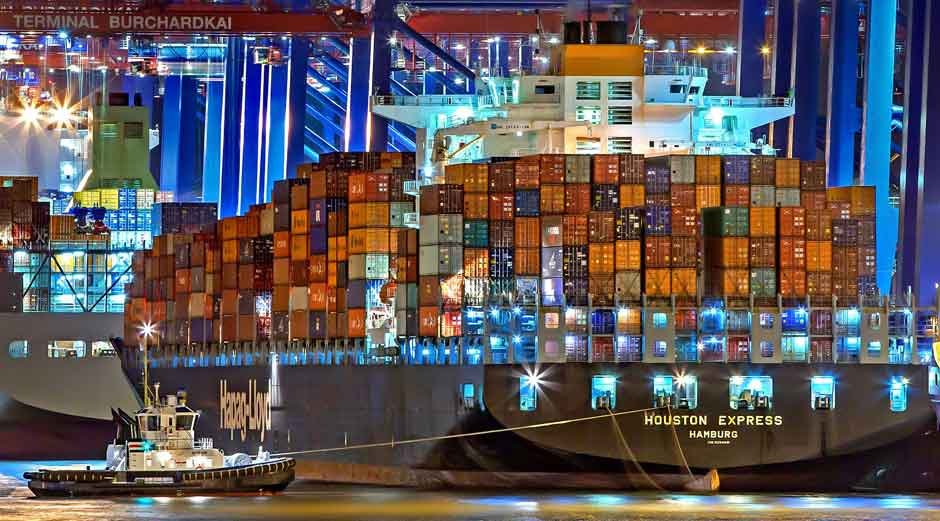Understanding a variety of ideas is necessary to navigate the complexities of international trade, and Foreign Trade Zones (FTZs) are crucial to the facilitation of trade across borders. Here are five key points about foreign trade zones that all business owners, importers, and logistics experts should be aware of.
1. Definition and Purpose of Foreign Trade Zones
Recognized as safe havens inside US borders, Foreign Trade Zones or Free Trade Zones (FTZs) provide a distinct area outside US Customs territory that is free from tariff and customs charges. The goal of creating free trade zones (FTZs) is to facilitate and optimize the dynamics of global commerce. These zones give companies a strictly regulated setting in which to process, store, and export products again without having to worry about ordinary customs charges or other taxes. This strategic plan aims to both attract foreign investment and strengthen the competitiveness of American businesses in the international arena, therefore reviving the American economy.
2. How Foreign Trade Zones Operate
For companies hoping to take advantage of FTZs’ many benefits, understanding their operational nuances is essential. Companies are allowed to import goods into an FTZ without having to follow strict customs entry procedures or pay customs charges right away; instead, payments are postponed until the items are exported from the zone for consumption in the United States. By providing a significant cash flow advantage, this deferral mechanism enables enterprises to handle the financial complexities of global commerce more skillfully. Additionally, producers that operate in a free trade zone (FTZ) can take advantage of lower taxes and processing costs on products designated for re-exportation. Because of their inherent operational flexibility, free trade zones (FTZs) become essential resources for companies that are heavily involved in global commerce.
3. Types of Businesses that Can Benefit from FTZs
Rather than being limited to a single industry, free trade zones (FTZs) offer their benefits to a wide range of companies involved in international commerce. Manufacturers see FTZs as a means of streamlining manufacturing procedures and creating opportunities for cost savings. Using FTZs strategically helps distributors and logistics firms become more competitive by providing better inventory control and increased operational efficiency. Important participants in the global trade scene, importers and exporters, use free trade zones (FTZs) to streamline their supply chains, negotiate complex customs procedures, and boost their overall competitiveness. The key to realizing the full potential of FTZs is to comprehend how a business’s unique operations complement the many advantages these zones have to offer.
4. Compliance and Regulatory Considerations
Although the many benefits that free trade zones (FTZs) offer are what make them so attractive, companies that operate in these zones must understand the regulatory environment, respect the rules set out by the FTZ Board and U.S. Customs and Border Protection (CBP) is essential to the smooth functioning of the FTZ and is not only a formality. Maintaining compliance requires careful documentation, precise reporting, and easy communication with the appropriate authorities, among other things. In order to avoid possible hazards and promote a seamless and compliant operating environment, firms must have a thorough awareness of the regulations related to FTZ operations, which is highlighted by the intricacy of international trade legislation.
5. Strategic Considerations for Businesses
Including FTZs in your overall business plan requires careful planning and thorough execution. For businesses to fully realize the potential advantages of using an FTZ, a detailed examination of their production procedures, distribution networks, and supply chain is required. Strategic factors also affect where Free Trade Zones (FTZs) are located. Closeness to large ports, well-developed transportation systems, and target markets are important variables that affect how successful these zones are. Working together with government organizations, legal counsel, and logistics specialists is essential to developing a plan of action that maximizes the benefits provided by FTZs. Businesses may better negotiate the challenges of international commerce and position themselves for long-term success in the dynamic and constantly changing global economy by strategically incorporating free trade zones (FTZs).
Conclusion
In summary, foreign trade zones are essential to understanding the intricate world of international trade. FTZs provide a number of advantages for companies involved in international trade, ranging from a safe environment for product processing to financial benefits through delayed duty payments. Businesses hoping to increase their competitiveness in the global market must comprehend the subtleties of FTZ operations, regulatory regulations, and strategic concerns. Businesses may navigate the market by remaining educated and making use of FTZs’ benefits for success in the dynamic global economy.






